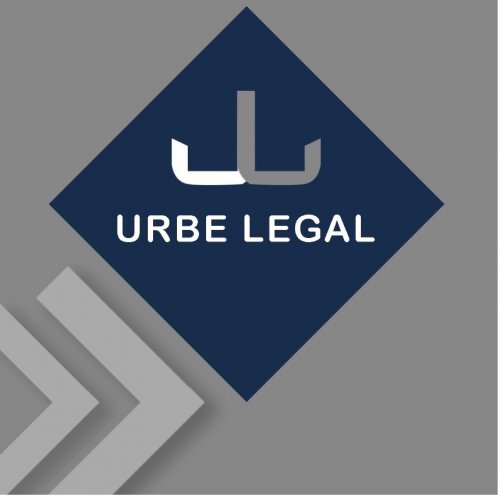Best Mortgage Lawyers in Guatemala City
Share your needs with us, get contacted by law firms.
Free. Takes 2 min.
Free Guide to Hiring a Real Estate Lawyer
List of the best lawyers in Guatemala City, Guatemala
About Mortgage Law in Guatemala City, Guatemala
The law surrounding mortgage in Guatemala City is heavily governed by the Civil Code Book Four: Obligations and Contracts, which lays out relevant provisions detailing the mechanism of mortgage. In Guatemala, a mortgage is constituted through a notarial deed and must be registered with the Property Registry to be considered valid and enforceable. The mortgaged property can still be utilized by the owner, but it acts as a guarantee for a creditor. It’s crucial to understand the legalities involved to protect your interests.
Why You May Need a Lawyer
Most commonly, people may require legal help in a mortgage matter when they’re planning to buy a home and need to understand the terms of their mortgage contract. A lawyer can help in reviewing this contract and ensure that there are no unfair terms. Other situations can include disputes with a lender over mortgage terms, difficulty in meeting mortgage payments, or when facing a foreclosure. An experienced attorney can both educate you on your rights and options and represent you in negotiations or legal proceedings.
Local Laws Overview
In Guatemala, a significant number of regulations and laws apply to the mortgage. Under Article 2508 and on of the aforementioned Civil Code, parties are free to establish the terms and conditions of the mortgage contract as long as they do not contravene the constitution and laws. Most importantly, the debtor must have ownership rights over the property and can mortgage it directly to the creditor or to a third party. Guatemalan law also specifies a system for priority of mortgages, therefore, a clear understanding of these local laws is essential.
Frequently Asked Questions
1. Can I get out of a mortgage contract?
Yes, you can get out of a mortgage contract through prepayment of the loan or sale of the property. It's best to consult with an attorney to understand the implications.
2. What happens if I can’t meet my mortgage payments?
If a debtor is unable to meet mortgage payments, the property may be foreclosed. However, different resolutions may be available and one should consult a lawyer to explore options.
3. Can a property be mortgaged to more than one creditor?
Yes, a property can have multiple mortgages. However, in the case of sale, earlier creditors will be prioritized.
4. What if there is a dispute over the mortgage?
In case of a dispute over the mortgage, it's recommended to seek legal advice. Guatemalan law has mechanisms for resolution of such disputes.
5. Can a foreigner mortgage property in Guatemala?
Yes, foreigners can mortgage property in Guatemala, but it’s crucial to seek legal advice to understand the associated legalities.
Additional Resources
The website of the Property Registry provides essential information on the registration of the mortgage. The Judiciary of Guatemala provides judicial decisions and explanations of the relevant law. Legal advice can be obtained from law firms across Guatemala City such as the Legal Center Guatemala.
Next Steps
If you need legal assistance with mortgages in Guatemala City, first identify your specific needs. Do research on legal firms that specialize in real estate law and mortgages. Don’t hesitate to ask about their experience in the field and ask for a clear explanation of their fees and services. It’s crucial to engage a lawyer to represent your interests and help navigate the complexities of Mortgage Law in Guatemala.
Lawzana helps you find the best lawyers and law firms in Guatemala City through a curated and pre-screened list of qualified legal professionals. Our platform offers rankings and detailed profiles of attorneys and law firms, allowing you to compare based on practice areas, including Mortgage, experience, and client feedback.
Each profile includes a description of the firm's areas of practice, client reviews, team members and partners, year of establishment, spoken languages, office locations, contact information, social media presence, and any published articles or resources. Most firms on our platform speak English and are experienced in both local and international legal matters.
Get a quote from top-rated law firms in Guatemala City, Guatemala — quickly, securely, and without unnecessary hassle.
Disclaimer:
The information provided on this page is for general informational purposes only and does not constitute legal advice. While we strive to ensure the accuracy and relevance of the content, legal information may change over time, and interpretations of the law can vary. You should always consult with a qualified legal professional for advice specific to your situation.
We disclaim all liability for actions taken or not taken based on the content of this page. If you believe any information is incorrect or outdated, please contact us, and we will review and update it where appropriate.











